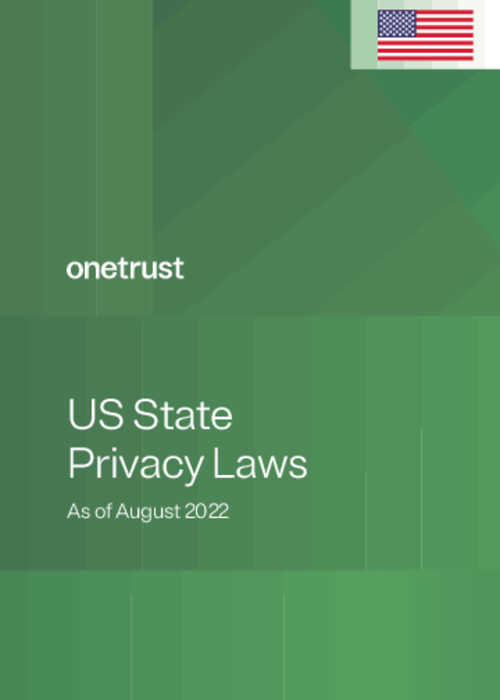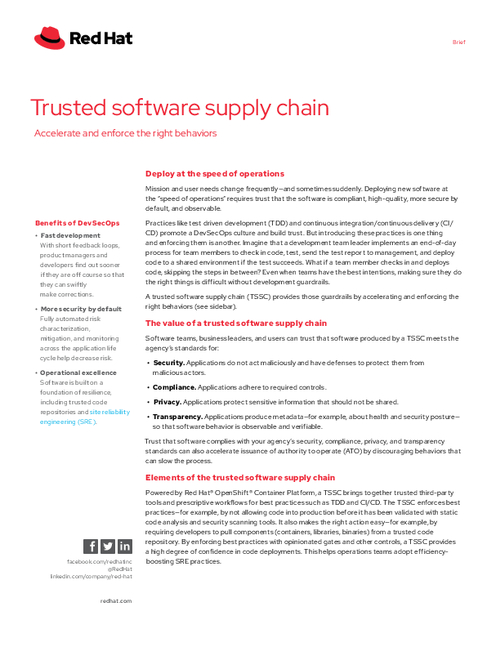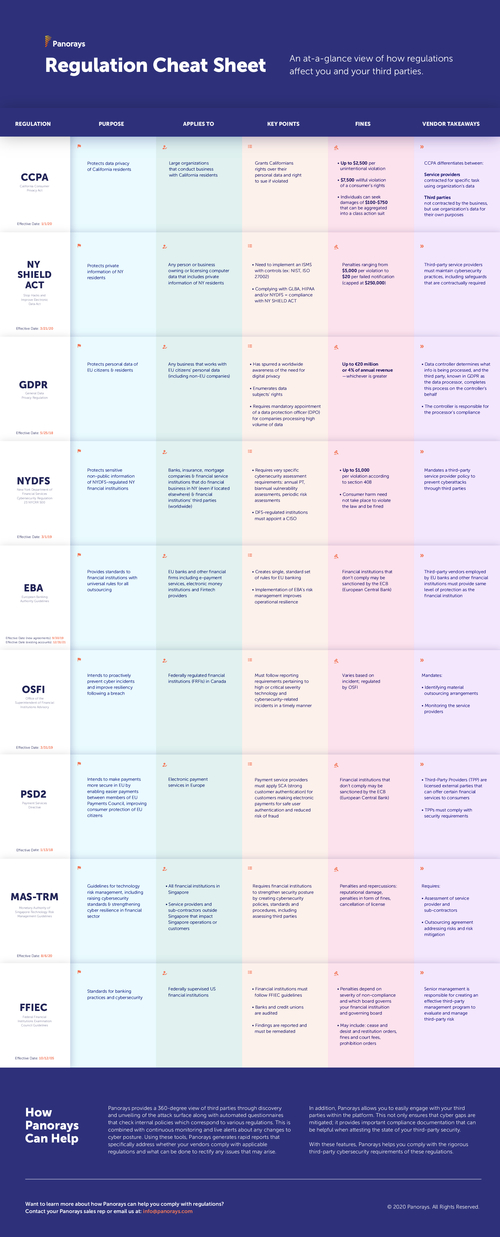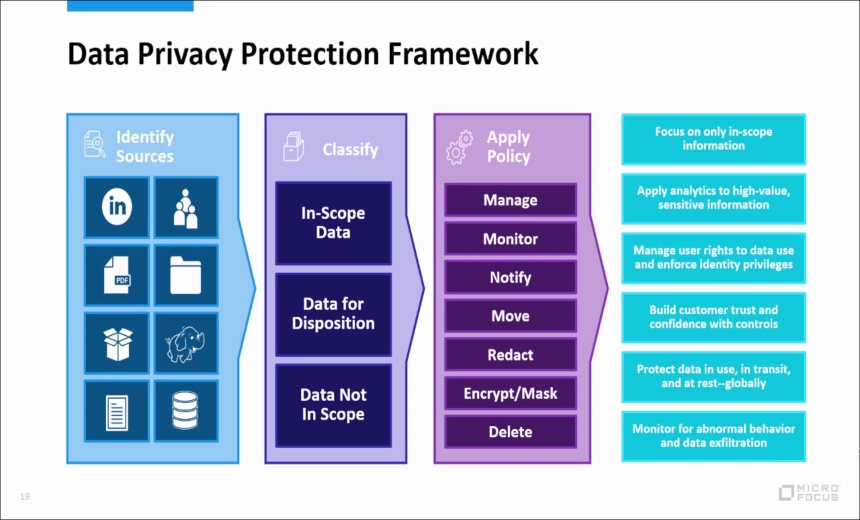Governance & Risk Management , Privacy , Standards, Regulations & Compliance
House Votes to Ban NSA Bulk Collection Program
USA Freedom Act Passes by Wide Margin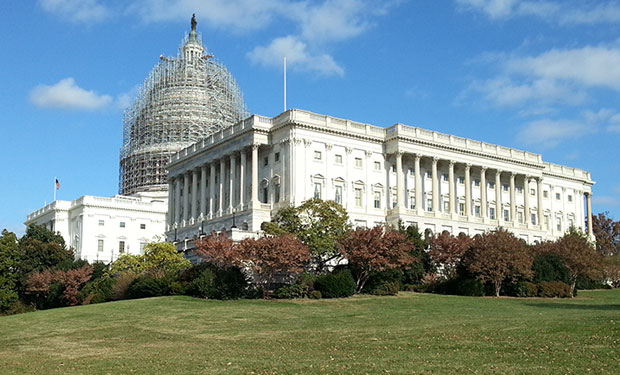
Legislation to end the National Security Agency's bulk collection of telephone records won overwhelming approval in the House of Representatives, but its fate in the Senate remains far from certain.
See Also: EU-US Data Privacy Framework: Your Questions Answered
By a 338-88 vote, the House on May 13 passed the USA Freedom Act, which would prohibit the NSA's previously secret practice of conducting large-scale, indiscriminate collection of communications records, such as all records from an entire state, city or ZIP code. Instead, it would allow authorities to seek court approval to obtain specific communications records based on a threat to national security.
Congress faces a June 1 deadline to update U.S. surveillance laws as sections of the Patriot Act, enacted in the wake of the 2001 terrorist attacks, are set to expire. The Bush and Obama administration used Section 215 of the Patriot Act to justify the NSA bulk collection of metadata on Americans' phone calls, which an appeals court deemed illegal earlier this month (see The Implications of Court's NSA Ruling).
Barrier in the Senate
Still, Senate Majority Leader Mike McConnell, R-Ky., says he would rather re-authorize the Patriot Act with language to allow bulk collection than enact the USA Freedom Act.
McConnell's top deputy, John Cornyn of Texas, said on the Senate floor that homeland security would be at greater risk if the Patriot Act provisions are allowed to expire. "It's not enough to say to the American people, 'Well, we will deploy all of the tools available to law enforcement to prosecute the person that murders innocent people,'" Cornyn said, according to the Washington Post. "We need to keep the commitment to protect them from that innocent slaughter in the first place, and the only way we do that is by using legitimate tools of intelligence, like this program."
However, a growing number of senators from both parties, as well as President Obama, support the USA Freedom Act (see Obama Backs Ban on NSA Bulk Collection). Sen. Patrick Leahy, D-Vt., says he hopes House approval of the measure by a wide margin sends a strong signal to Senate Republican leaders that momentum is on the side of surveillance reform. "The House has done its part, and now it's up to the Senate," says Leahy, a co-sponsor of the Senate version of the USA Freedom Act.
Amendments Not Allowed
The House Rules Committee voted May 12 not to allow the USA Freedom Act to be amended on the House floor. Some lawmakers had hoped to amend the legislation to include further limits on the way government gathers information on citizens. Among those limits: prohibiting government agencies from searching emails and other communications of American citizens without a warrant as well as preventing the government from demanding manufacturers build backdoors to facilitate surveillance.
"Let's not kill these important reforms because we wish the bill did more," said Rep. Jim Sensenbrenner, R-Wis. "There is no perfect. Every bill we vote on could do more. I play the lottery. When I win, I don't throw away the winning ticket because I wish the jackpot was higher."
The USA Freedom Act is seen as one step toward rebuilding trust with the federal government damaged by revelations from former NSA contractor Edward Snowden about government surveillance on American citizens. "With each new revelation from Snowden and others, the work required to restore trust has grown," says Tim Erlin, director of IT security and risk strategy at the IT security firm Tripwire. "Taking the step to ban bulk data collection would demonstrate a commitment to restoring that trust."


